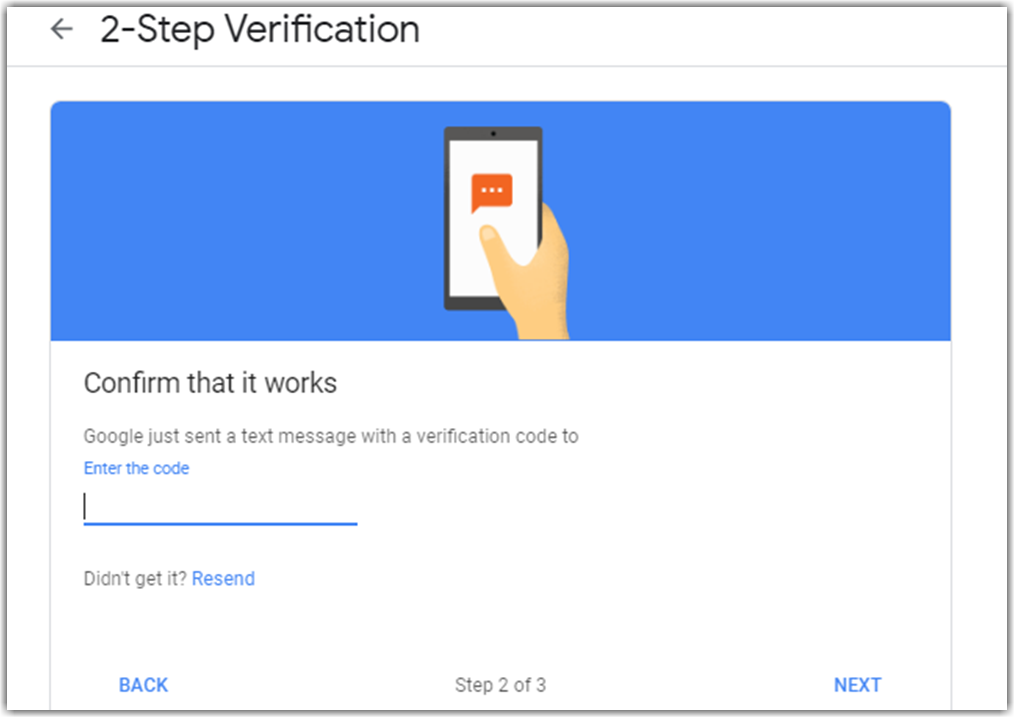Google announced in May that it would make verification mandatory in two steps (2-factor authentication) for everyone before the end of the year. As of today we have a definitive date for the new feature.
When activated, the user will receive an SMS or an email with a one-time password (OTP from the one-time password) each time he tries to log in to his account, to verify his identity.
This process will add an extra layer of security to the protection of your personal information data. Stealing passwords is the most common way infringementof accounts and 2FA will further protect your account.
Google will send emails post officeand prompts within its mobile apps to enable two-step verification. The company says the feature will automatically activate on November 9:
"After entering the password, you will need to complete a second step on your phone. Hold your phone when connecting. The two-step verification will be activated automatically on November 9. ”
In a blog post, the company had earlier said: “By the end of 2021, we aim to automatically activate 150 million users This makes it a perfect choice for people with diabetes and for those who want to lose weight or follow a balanced diet. 2SV and we will demand it from 2 million YouTube creators ”.
2SV (from 2 Step Verification) is not yet mandatory for everyone and Google seems to be moving its users to it slowly. If you are one of those people who do not use two-factor authentication on your Google Account, you can change it from this link.





